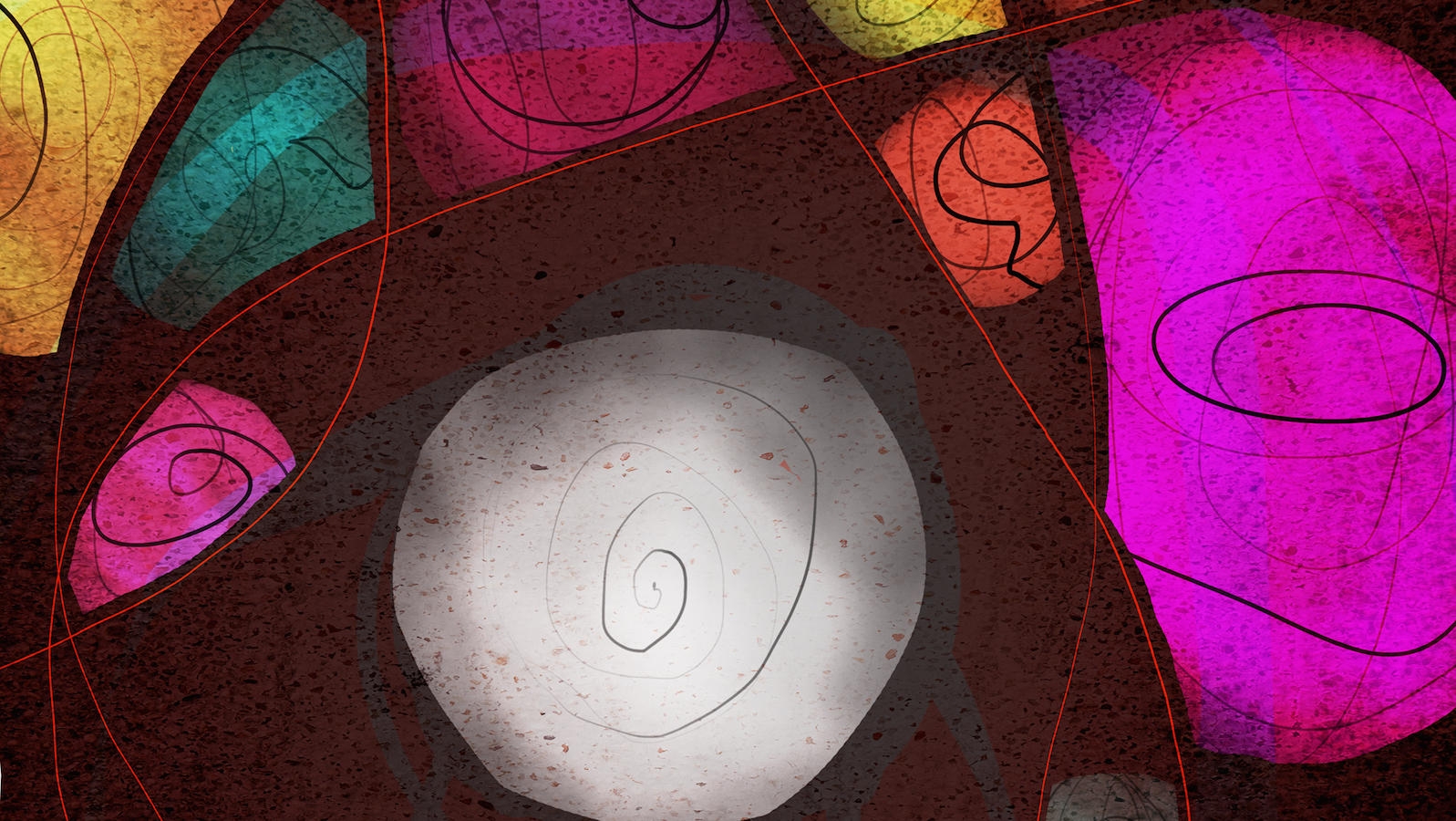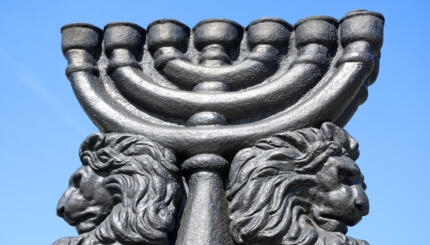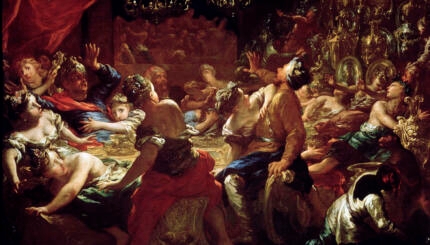Commentary on Parashat Miketz, Genesis 41:1-44:17; Numbers 28:9-15, 7:42-47
Joseph’s story is one of falling from grace, and then rising back up, stronger than before.
Once the favored, spoiled child of his old father, Joseph is cast out from his position by his jealous brothers, who first toss him down into a pit, and then sell him into slavery. His lot continues to get worse, as he is falsely accused of rape by his master’s wife, who then sends him down into the royal dungeons. His life’s trajectory is one of descent, from elevated son to lowly captive.
And then, with the dawn of Parashat Miketz, it all turns around:
Joseph’s exceptional talent for dream interpretation, which once served to stoke the ire of his brothers, now becomes the instrument of his redemption. Through a series of unlikely events, he is brought up from the dungeon and given the opportunity to interpret the dreams of Pharaoh. His prophetic pronouncements win him favor, and as suddenly as he had descended, he ascends to tremendous power. Pharaoh says to him: “Since God has made all of this known to you… you shall be in charge of my court, and by your command shall my people be directed, only with respect to the throne shall I be superior to you” (Genesis 41:39-41). In a flash, a blink of fate, he goes from prisoner to prime minister.

Help us keep Jewish knowledge accessible to millions of people around the world.
Your donation to My Jewish Learning fuels endless journeys of Jewish discovery. With your help, My Jewish Learning can continue to provide nonstop opportunities for learning, connection and growth.
Joseph’s journey from degradation to dignity foreshadows the larger story of the Jewish people. Only a few generations later, the Israelites – who had originally prospered and multiplied under Egyptian goodwill — will collectively descend into slavery and even face the possibility of genocide. When it seems their situation cannot be any worse, they will witness a sudden reversal of fortune with the arrival of Moses and the Exodus.
Again and again this story proves to be the great narrative of the Jewish people. The darkness of persecution at the hands of the Greeks gives way to the light of the menorah, the wicked plot of Haman brings us to the edge of genocide, only to find last-minute salvation at the hands of the winner of a Persian beauty contest. What was true of our ancient history has striking resonance in our modern story: It boggles the mind that in May 1944 the deportation of Hungarian Jews to Auschwitz had just commenced, and only four Mays later, David Ben-Gurion stood on a Tel Aviv balcony to announce the birth of a free state of Israel. In so many ways, over so many years, we are the ones who have experienced the depths of hardship, and yet have risen from that dark place to new and unexpected light.
In fact, the ongoing cycle of times of pain and times of plenty is the essence of the dreams that Joseph interprets for Pharaoh. The Egyptian king had been disturbed by dreams of fat cows and lean cows, of flourishing stalks of grain and rotting ones. Joseph understands the dreams to predict the coming of good years, during which time it will be necessary to make provisions for bad years ahead. His message to Pharaoh is the wisdom of his own experience: Life is rarely static. In seasons of abundance we cannot become complacent, and in seasons of scarcity we must not despair, for our world has the capacity to change in an instant.
We have all known times of darkness and hardship when it feels like our trajectory, or the trajectory of our world, mirrors that of Joseph — a steep and treacherous descent. In those moments, we fear that light will never re-enter our lives, that we will stay in the pit forever. But, the blessing of being part of an ancient people is that it gives us long memories, a reminder that we have been here before, and that, as the Psalmist once sang, “Tears may linger for a night, but joy comes with the morning” (Psalm 30:5).
When we despair, may we find hope in our history that reminds us again and again that the last chapter of our story has not yet been written, that like Joseph and countless others after him, our temporary descent may only be preparing us for the opportunity to rise.



